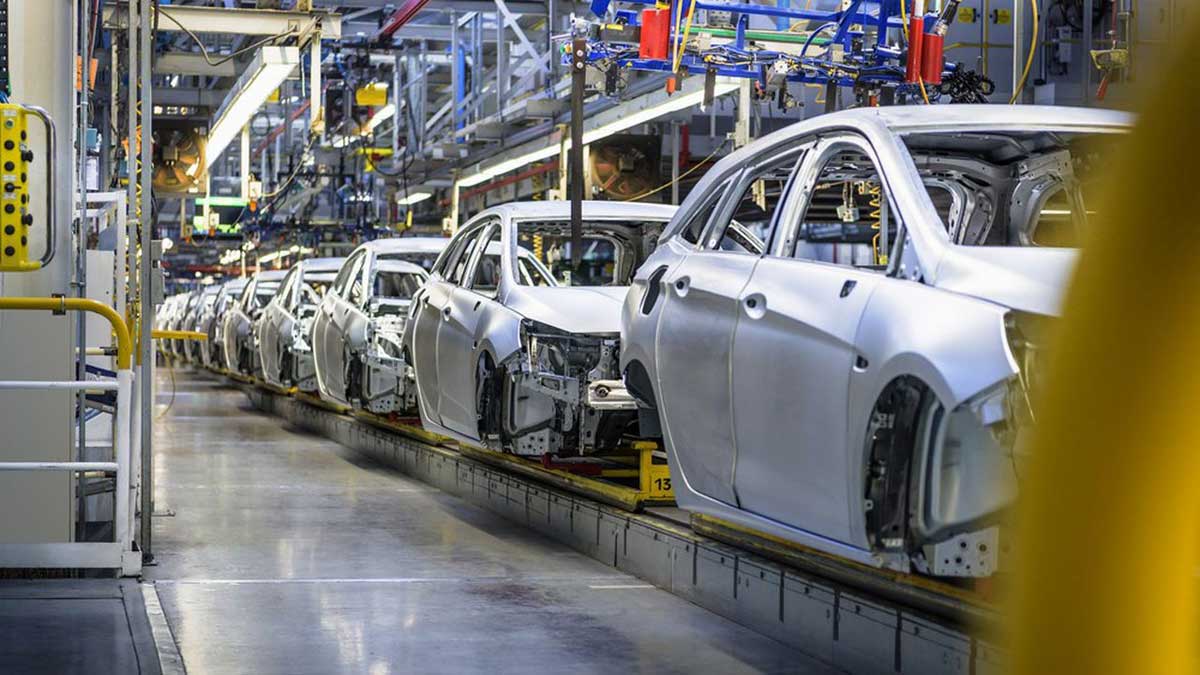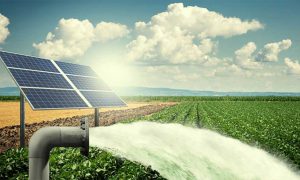As the federal government is all set to convene the National Assembly session on Monday (today) to present amendments relating to taxes and duties as the Finance (Supplementary) Bill, 2021, generally known as mini-budget, here are the proposed levies and taxes for the auto sector.
The government has proposed the following for domestically assembled cars:
- Federal Excise Duty (FED) on locally produced cars with engines under 1000cc will remain 0%.
- FED increased from 2.5 percent to 5% on cars with 1001cc to 2000cc engines.
- The FED on cars with engines larger than 2000cc is now 10%, up from 5%.
Read more: Proposed 17% sales tax on number of items to further fuel inflation rate
Meanwhile, for CBU vehicles, the FED is as follows:
- FED will remain 0% on cars with engines under 1000cc.
- The FED on cars with engines ranging from 1001 to 1799cc will increase to 10% from 5%.
- The FED on cars with engines ranging from 1800cc to 3000cc will increase to 30% from 25%.
- The FED on cars with engines bigger than 3000cc was raised from 30% to 40%.
Meanwhile, the government has recommended the following measures to combat “ON Money”:
- The advance tax on vehicle registration for cars with engines up to 1000cc will be raised from Rs50,000 to Rs100,000.
- The advance tax on cars with engines ranging from 1001cc to 2000cc has been raised to Rs200,000 from Rs100,000.
- The advance tax for cars with an engine of 2100cc and above would rise to Rs400,000 from Rs200,000.
The government has introduced these new taxes for the auto sector to reduce the rising trade deficit, according to experts and observers. In Fiscal Year (FY) 2021, Pakistan had an all-time high in automobile imports. The increase was noted following record-breaking foreign exchange spending on the highest-ever number of new autos in 2020-21 due to robust demand.
Furthermore, the government has suggested the following exclusions from the General Sales Tax (GST) on automobiles:
• The tax on imported Hybrid automobiles with engines up to 1800cc would rise from 8.5 percent to 12.5 percent.
• The tax on electric vehicles (EV) imported in CBU condition will increase from 5% to 17%.
New Vehicle Import Data
In FY21, the country imported 10,513 new vehicles such as jeeps, vans, pickup trucks, two-wheelers, and buses, according to data. However, Pakistan imported 1,680 units in FY20, 3,716 units in FY19, and 7,424 units in FY18, respectively.
In FY21, 390 new Electric Vehicles (EVs) and 19 used EVs were imported for the first time in the country’s history.
Imports of new cars and jeeps were the most prevalent throughout this fiscal year. According to statistics, 10,157 units were imported in FY20, 2,427 units in FY19, and 3,758 units in FY18, compared to just 893 units in FY20, 2,427 units in FY19, and 3,758 units in FY18.
New Vehicle Import Bill
The total import bill of automotive is $2 billion. The cost of importing completely and semi-knocked down (CKD/SKD) kits for cars, motorcycles, and heavy vehicles is $1.6 billion, up from $727 million in FY20. Meanwhile, in FY21, $386 million was spent on the import of used and new vehicles, up from $219 million the previous year.
Import Bill of CKD/SKD Vs CBU
Furthermore, imports of CKD/SKD kits for local assembly of all vehicles bu auto sector surged by 214 percent to $369 million in the first two months of the current fiscal year (2MFY22), compared to $117 million in the same period last year.





















